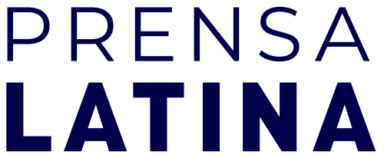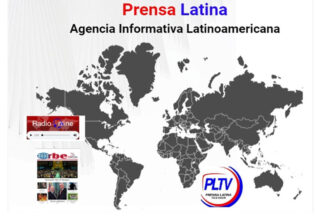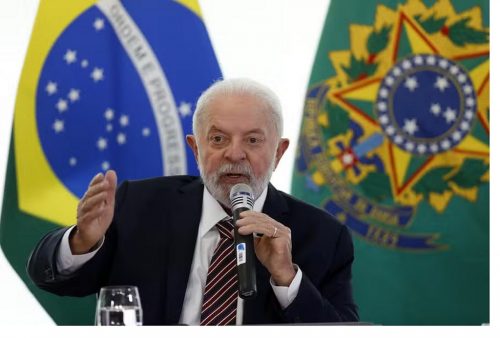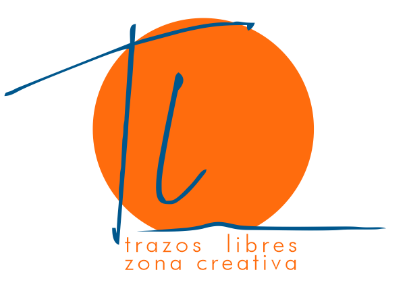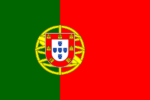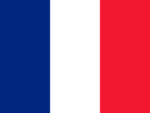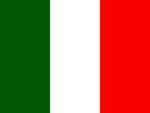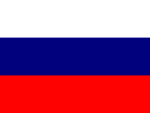Carried out in the first half of 2019 thanks to a strategic alliance between the Ministry of Public Education (MEP), the University of Costa Rica (UCR) and the United Nations Educational, Scientific and Cultural Organization (UNESCO), the measurement makes visible the need to implement inclusive public policies.
Officials from the UCR’s Institute for Psychological Research (IIP) interviewed 1,200 students from 37 public schools across the country, in order to learn about their attitudes, beliefs, and experiences regarding indigenous and Afro-Costa Rican populations.
Although in 2015 an amendment to the first article of the Political Constitution indicates that Costa Rica is a multi-ethnic and multicultural nation, the results of the consultation reveal limited levels of social contact with both populations.
In this sense, only 28.8 percent of young people responded that they have Afro-Costa Rican people in their group of friends, an even lower figure, 4.6 percent, when it comes to indigenous people, while 60.2 percent reported favorable feelings towards Afro-Costa Rican people and 52.2 percent towards indigenous people.
Likewise, young people associate both populations with positive labels as workers and happy, but at the same time they attribute stereotypes linked to violence, superstition and poverty that, according to research, will tend to produce adverse attitudes and discriminatory behaviors.
The researcher Marco Vinicio Fournier stated that there are different international studies that show that prejudice and discrimination tend to decrease when contact increases, so that a more direct relationship between different ethnic groups is essential.
In this regard, his colleague Vanessa Smith-Castro acknowledged that negative opinions and stereotypes have real impacts on social relationships, since in addition to generating suffering for these people, they can affect their academic and professional development and, therefore, also other areas of life. .
On her side, the director of the UCR’s Chair in African and Caribbean Studies, Rina Cáceres, indicated that the opinions of the students consulted are ‘a mirror’ of the ethical society and reveal many questions regarding the way in which we recognize each other.
For Cáceres, one of the promoters of the study, the criteria of these students are the product of their families, neighbors, friends, the media, but also the texts and educational curricula.
They are, he stressed, a mirror of what we are as a society and shows us that there is a population that is not recognized and is being made invisible on a daily basis.
sus/jcm / ale

